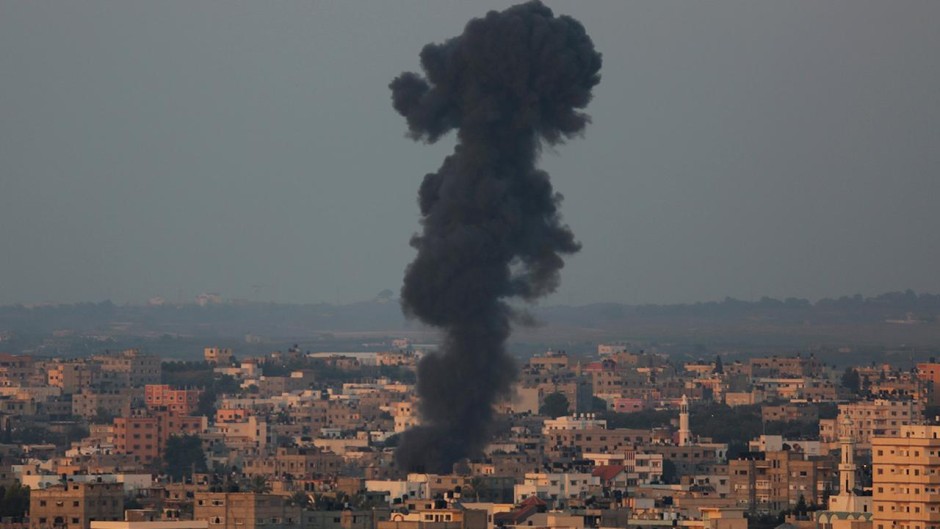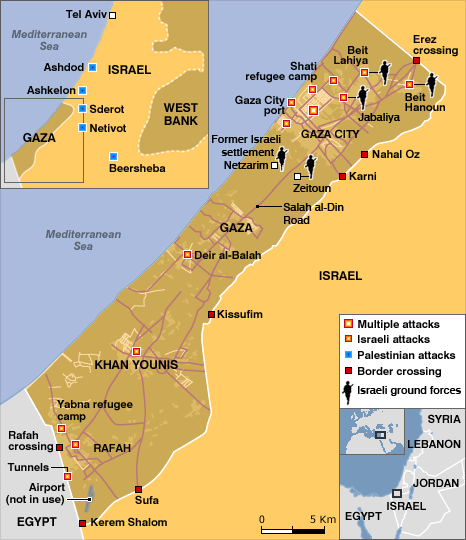Amid the acrimonious charges and counter-charges they’ve hurled at each other since the war in the Gaza Strip erupted 19 days ago, Israel and its arch enemy, Hamas, concur on one salient point: Neither side wants to return to the status quo ante that prevailed before Israel launched Operation Protective Edge on July 8.
What this means in practice is that the war may last longer than anyone anticipated, unless both parties succumb to mounting international pressure and accept a ceasefire brokered by John Kerry, the U.S. secretary of state.
In the meantime, a 12-hour humanitarian truce arranged by Kerry is being observed by Israel and Hamas.
During the last serious round of fighting in November 2012, which lasted eight days, Israel and Hamas agreed to a truce through the good offices of the United States and Egypt. But nearly two years on, both Israel and Hamas have declared that a straightforward “quiet for quiet” agreement, the essence of the 2012 ceasefire, will no longer suffice.
This time around, given the sacrifices in blood and treasure they have both made, Israel and Hamas have issued maximalist demands. They claim they will not lay down their arms unless they are met.
Surprised by Hamas’ extensive network of sophisticated tunnels extending into Israeli territory, Israel is determined to destroy them before a longer truce goes into effect. These tunnels, built at great expense with materials smuggled from Egypt, were used to store weapons and munitions and to carry out terrorist attacks against Israel.
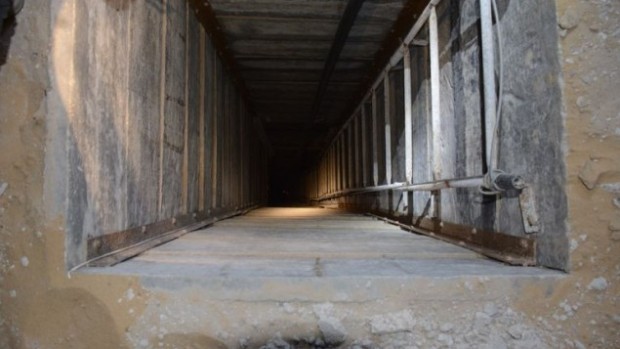
In 2006, Hamas used one of its tunnels to storm an Israeli border post, killing two soldiers and kidnapping a third soldier, Gilad Shalit, who spent five years in captivity.
Prior to the latest war, the Israeli army discovered two tunnels stretching several hundred metres into Israel and blew them up. Israel, however, did not realize that so many had been constructed. So far, Israel has destroyed more than 25 in operations that have claimed the lives of six of the 41 soldiers killed in combat so far.
It’s debatable whether Israel can find the rest of the tunnels, which are probably deep inside densely populated areas. But Israel will not and should not rest until it gives itself sufficient time to detect and dismantle most or all of the tunnels.
That’s not the only challenge Israel faces in Gaza, inhabited by 1.7 million Palestinians.
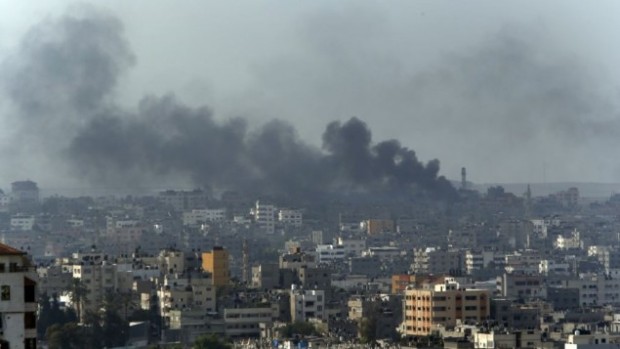
Despite a 10-day air campaign, followed by a ground invasion on July 17, Israel still has not succeeded in stopping Hamas’ demoralizing daily rocket barrages. The rockets, manufactured in Gaza with Iran’s technical expertise, are usually fired from residential neighbourhoods.
Hamas and its allies, including Islamic Jihad, have launched more than 2,000 rockets into Israel’s heartland on the coastal plain. Targets have run the gamut from Ashkelon and Ashdod to Tel Aviv and Rishon LeZion.
The Iron Dome anti-missile system, developed by Israel in cooperation with the United States, has intercepted about 300 rockets streaking toward Israeli cities, thereby saving untold lives and properties. However, two Israeli civilians and a Thai farm worker have been killed by rockets. Falling debris has caused a degree of property damage.
A few days ago, one rocket that penetrated Israel’s defences crashed into a house in a town near Ben-Gurion Airport, and much to Hamas’ glee, American and European airlines suspended flights to Israel for two days. This was the first time since the 1991 Gulf War this had happened, and for Israel, it was a stunning blow.
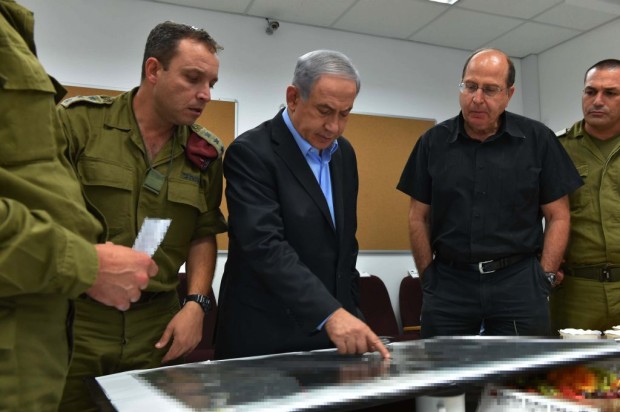
Palestinian rejectionists in Gaza have fired about 12,000 rockets at Israel since 2001, but the quality of their rocketry has improved tremendously since then. Israel, therefore, is intent on finding and destroying the myriad of hidden workshops that manufacture them.
In short, Israel seeks to degrade, if not obliterate, Hamas’ military infrastructure before pulling out of Gaza. Israel’s grand objective is to demilitarize Gaza, which was turned into an armed camp by Hamas. Given the international pressure brought to bear on Israel, it remains to be seen whether that goal is realistically attainable.
Major world powers subscribe to the thesis that Israel has a right to defend itself against Hamas aggression. But with hundreds of Palestinian civilians having been killed until now, Israel’s right to self-defence has been pointedly questioned.
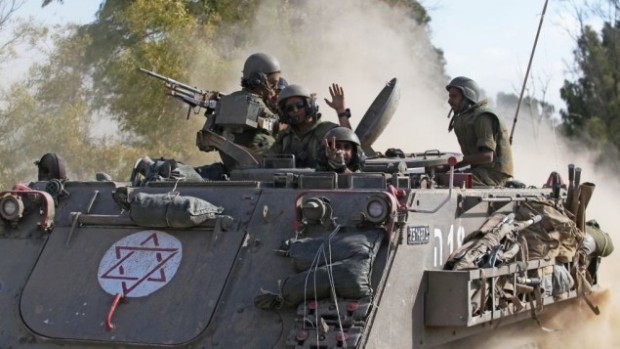
The de-militarization of Gaza is not just Israel’s problem to resolve.
As the United States’ ambassador to Israel, Dan Shapiro, suggested on July 19, the Palestinian Authority, led by Mahmoud Abbas, may have a role to play as well. In a reference to Abbas, he said, “At the end of this conflict, we’ll seek to help the moderate elements among the Palestinians to become stronger in Gaza. They might be able to run Gaza more effectively than Hamas.”
Hamas, which rejected an Egyptian ceasefire proposal last week, says it will continue to fight until its demands are met. Ismail Haniya, the former prime minister of Gaza, said recently that Hamas will not go back to the status quo ante. Khaled Mashaal, Hamas’ Qatar-based political chieftain, claims that Israel must accept its demands before the fighting stops.
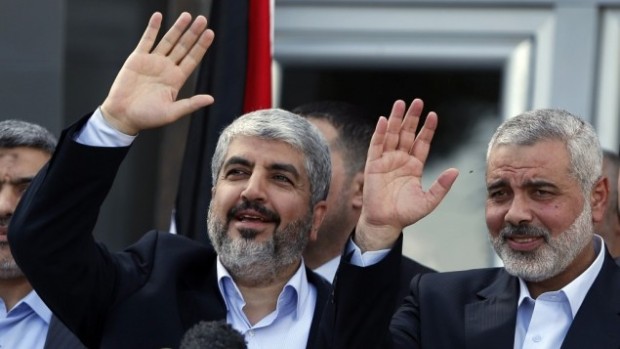
Hamas’ demands are clear: Israel’s naval blockade of Gaza must end. Israeli and Egyptian border crossings must be reopened. The Palestinians must be allowed to build a port in Gaza. Palestinian prisoners rearrested by Israel recently, or never set free as per agreement between the Israeli government and the Palestinian Authority, must be released.
Israel is unlikely to agree to the first condition, since it regards the blockade as a fairly effective method of blocking the transfer of weapons and munitions to Hamas — which rejects Israel’s existence and a two-state solution. As for Hamas’ other demands, they may be negotiable under certain circumstances.
At the moment, Kerry — who failed to broker a peace agreement between Israel and the Palestinian Authority — is busy in Paris trying to work out a truce. He’s working with major European nations and with Qatar (which is pro-Hamas and has just bought $11 billion worth of U.S. weapons) and Turkey (which supports Hamas and has strained relations with Israel).
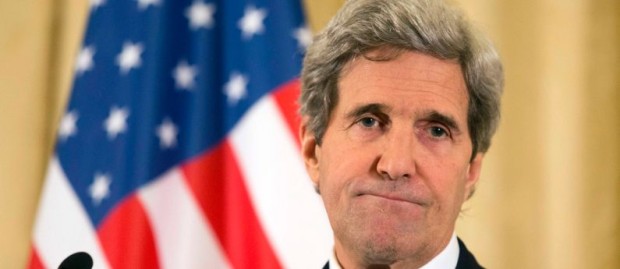
The prospects of reaching a durable ceasefire are fairly dim because Israel and Hamas will not budge from their positions unless they can attain their respective objectives.
